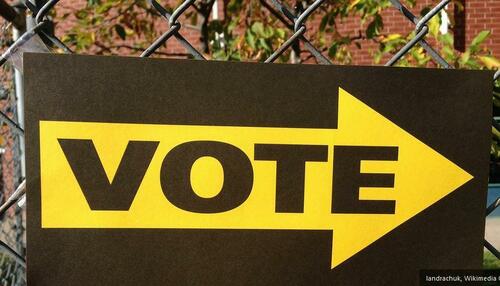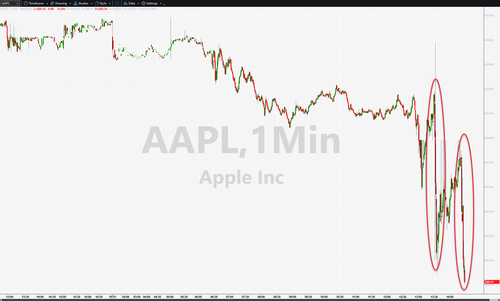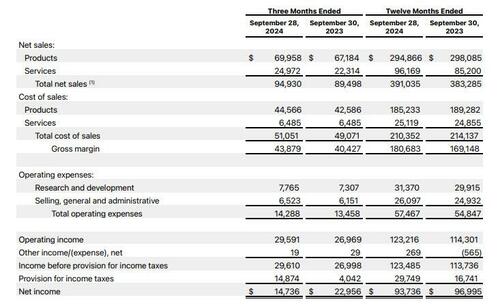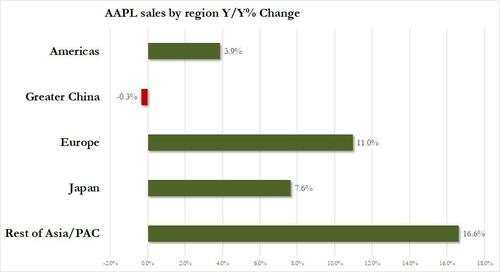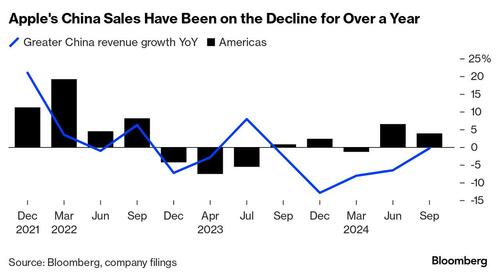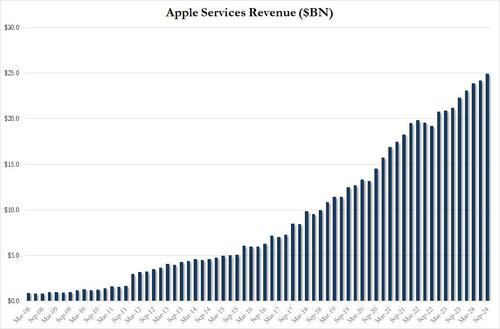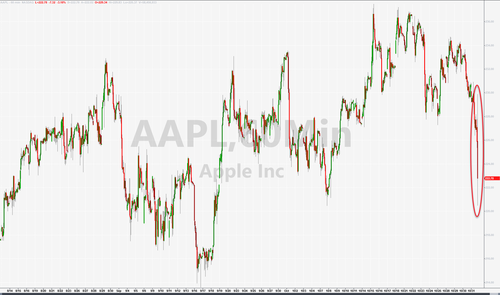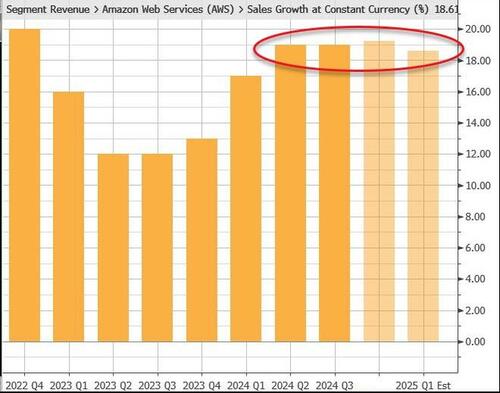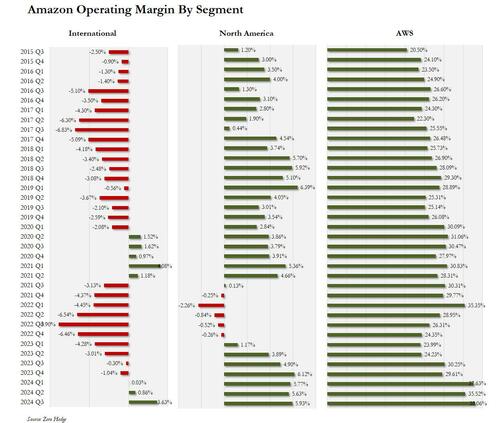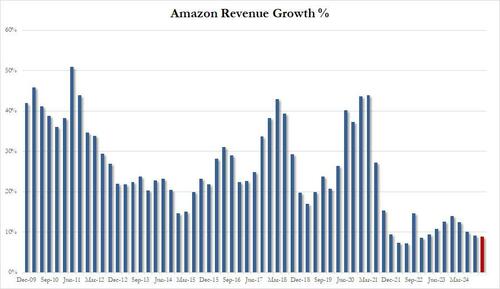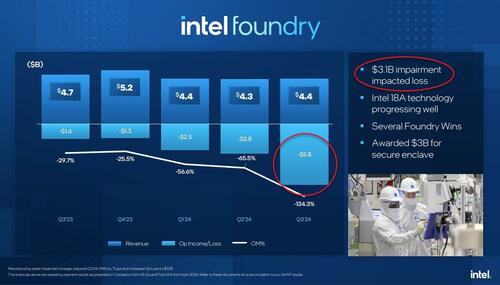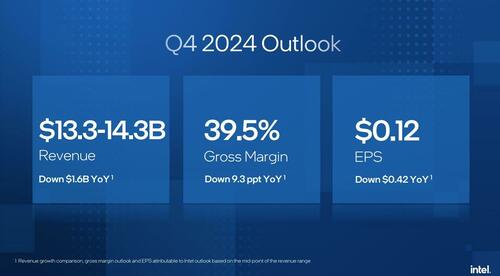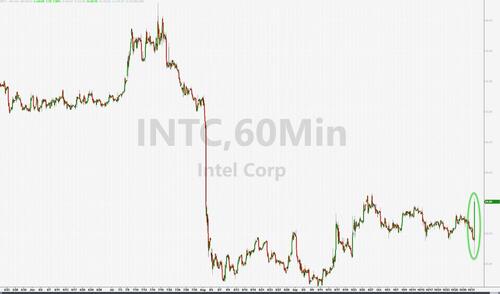Mail Ballots Without Dates Must Be Counted: Pennsylvania Court
Authored by Zachary Stieber via The Epoch Times (emphasis ours),
A Pennsylvania court ruled on Oct. 30 that the state’s requirement for mail-in ballots to be correctly dated in order to be counted is unconstitutional, though the 3–2 decision, according to the judge’s opinion, applies only to a past special election.
A Commonwealth Court panel upheld a ruling by a Philadelphia judge stating that 69 ballots from the special election, submitted on time but lacking handwritten dates, must be counted.
While Pennsylvania law requires those voting by mail to date the envelope in which the ballot is returned, “multiple state and federal courts have determined that the dating provisions are meaningless, as they do not establish voter eligibility, timely ballot receipt, or fraud,” Commonwealth Court Judge Ellen Ceisler wrote for the majority.
“We cannot countenance any law governing elections, determined to be mandatory or otherwise, that has the practical effect in its application of impermissibly infringing on certain individuals’ fundamental right to vote,” she said later. “We are not being asked to make changes with respect to the impending 2024 General Election.”
In a dissenting opinion, Commonwealth Court Judge Patricia McCullough said the court should not have decided on the matter now because it “surely will confuse the expectations of both voters and county boards of elections alike.”
“The only reason that either the trial court or the Majority would rule on this question now is precisely to change the rules for the already underway general election,” she said, referring to the Nov. 5 election in which some voters are casting early or absentee ballots.
The timing of the decision deprives the Pennsylvania Supreme Court of a reasonable opportunity to review before the Nov. 5 election, Commonwealth Court Judge Matthew Wolf said in another dissent.
“Pennsylvania voters cannot be disenfranchised for trivial reasons,” Stephen Loney, senior supervising attorney of the American Civil Liberties Union of Pennsylvania, which is representing plaintiffs in the case, said in a statement. “The dates written on return envelopes are completely meaningless, and everyone agrees that these ballots are from eligible voters and were timely received. Disqualifying voters for minor errors is a violation of the state constitution, which errs on the side of the voter.”
The ruling went against the Republican National Committee and the Republican Party of Pennsylvania, which, as intervenors, had asked the appeals court to overturn an earlier ruling by Court of Common Pleas Judge James Crumlish III. Crumlish’s ruling required the counting of the 69 ballots after finding that the date requirement violated the Pennsylvania Constitution.
The Republicans have not yet reacted to the ruling.
The Philadelphia Board of Elections, the defendant in the case, and which also appealed Crumlish’s ruling, did not respond to a request for comment by publication time.
Pennsylvania’s Department of State said in an Aug. 30 social media post that writing the date on ballot envelopes “provides no purpose to election administration.”
Earlier this year, the Commonwealth Court also found the date requirement unconstitutional for voters who returned their ballots on time. The Pennsylvania Supreme Court vacated this decision, stating that the Commonwealth Court lacked the authority to review the case due to the involvement of county election boards as defendants.
McCullough said that the new ruling suffered from some of the same problems as the ruling that was vacated.
Mimi McKenzie, legal director of the Public Interest Law Center, said after the latest ruling that the date requirement may be adjudicated further in the future and encouraged voters to still date the envelope in which a ballot is returned.
Tyler Durden
Thu, 10/31/2024 – 18:55
via ZeroHedge News https://ift.tt/xaCjUtZ Tyler Durden




